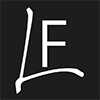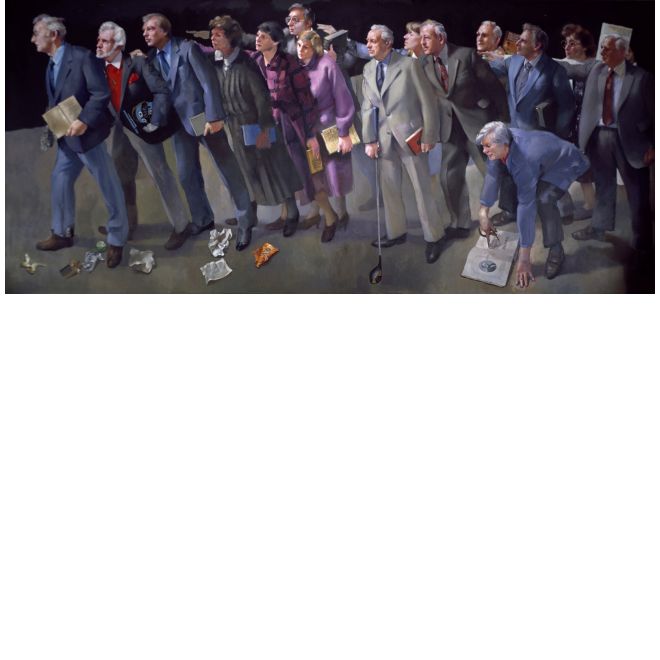GOVERNORS OF SOUTHWAY SCHOOL
"The Blind Leadind the Blind"
Left to right:
COUNCILLOR W.E.EVANS. I.S.M. Chairman. Former Chairman of Devon County Council.
R.BILLINGS. B.Com. Governor.
M.J.SHEPPARD. Former Parent-governor.
J. ANDERSON. Vice-Chairman. Senior Lecturer; College of St. Mark and St. John.
JUDY BARNACLE. Former Governor.
COLIN WHITBY. Governor.
PRICILLA GRIGGS. Former Governor.
G.A.STEVENSON. Former Governor.
M.DOBIE. Former Teacher-Governor; Head of Home Economics.
J. TRELOAR. Former Governor.
IVOR TEMPLE-SMITH. Former Governor and President of the National Association of Head Teachers; Council Member for Devon and Cornwall.
JACK JONES. Governor. Deputy Leader of the Labour Group, Plymouth City Council; Deputy Head Plym View Primary School. Plymouth City Councillor, West Devon Education Committee; Governor ; Tamerton Vale Primary, Langley Infant School and Langley Junior School.
MARY STRATTON. Former Parent-Governor. Ancillary worker at another school. Married to a Headteacher.
C.H.OSTERMEYER. Former Governor.
Kneeling:-
JOHN CHIVERS. Senior Caretaker.
NOTES
The kneeling figure holds a compass whilst directing his gaze towards a crumpled drawing of Sir Isaac Newton by William Blake. The coloured monotype, in the Tate Gallery - for which this drawing is a reversed sketch - indicates that Newton is sitting at the bottom of the sea. For Blake water was the symbol of Newton’s materialistic philosophy.
In Tiriel, a poem illustrated with drawings but not published, Blake had already denounced the current view of childhood - deriving in great measure from Locke, that early forerunner of behaviourism and brain-washing - as a passive state to be ‘formed’ by ‘instruction’. The poem describes with scathing indignation the consequences of ‘forming’ a child according to the laws of mechanistic rationalism, imposed all from outside and regardless of the mysterious formative laws of life itself. Tiriel, the blind parental tyrant, is himself the product of such an education, and dies cursing those who, by compelling him into conformity, had denied him life. ‘Infancy’, Rousseau wrote, ‘has a manner of perceiving, thinking and feeling peculiar to itself.’
Premature instruction is ‘without regard to the peculiar genius of each. For, besides the constitution common to its species, each child at its birth possesses a peculiar temperament ,which determines its genius and character, and which it is improper either to pervert or restrain, the business of education being only to model and bring it to perfection.’ So also thought Blake.
Childhood, for Blake, is the purest essence of the spirit of life; the thing itself. The instructions of education can add nothing to Being. ‘Everything that lives is holy’, not by virtue of any added qualities, but in its essence:
‘I have no name,
‘I am but two days old.’
What shall I call thee?
‘I happy am,
‘Joy is my name.’
Blake in these seemingly naive lines is describing the nature of life as he conceived it. Joy - delight - and all life seeks joy as its natural state. For him, the mechanistic view of the universe - Bacon, Newton and Locke - was the enemy of life; life which is immeasurable, not to be captured or contained within the quantitative ‘laws of nature’. Blake recognized Newton’s genius, and therefore attacked his error, which was the triumph of materialism.
‘He who sees the Infinite in all things sees God.
He who sees the Ratio only sees himself only’.
In Blake’s view, Newton is thus the Self-obsessed rational man.









